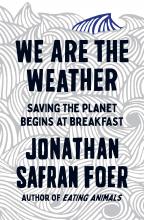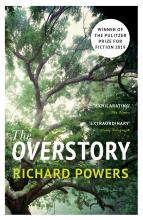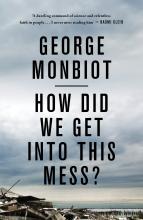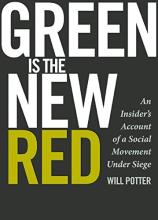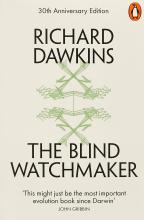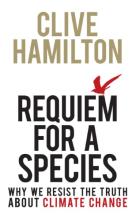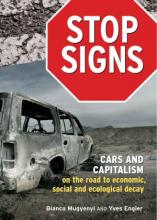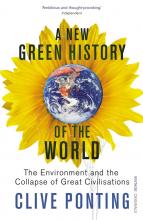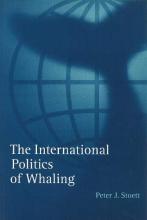Feeding the world without devouring the planet
In Regenesis, George Monbiot details how the modern global food system is not only creating the conditions for its own collapse, but undermining the entire fabric of the living world. Many books on 'food sustainability' have sounded the alarm. What's different in Regenesis is its refusal to indulge in comforting myths about how to fix it, instead revealing how such myths – chief amongst them the notion that animal farming can be 'regenerative' – are instead driving and perpetuating its multitude of environmental harms. Perhaps the book's most vital plea is for us to relinquish those myths and embrace 'food...

